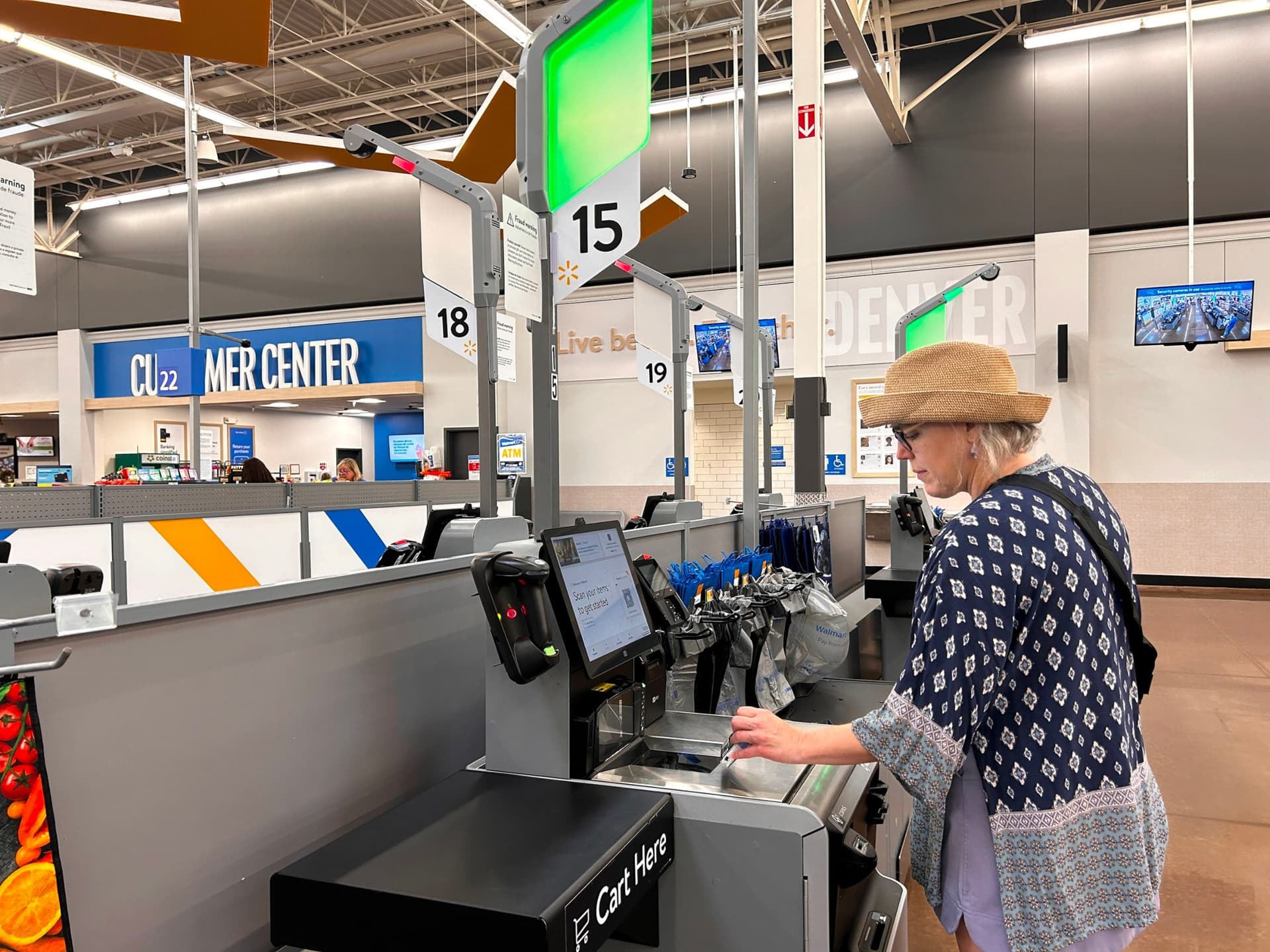Walmart employees split on staying, benefits keep many in place
An online thread from November 12 asked Walmart workers how long they see themselves staying with the company, and responses showed a clear divide between those who view Walmart as a long term employer because of benefits, and those who plan to leave after the holiday rush or treat the job as a temporary stop. The discussion highlights health insurance and retirement benefits as central retention levers, while concerns about holiday workloads and store conditions are prompting short term departures.

On November 12 an online thread soliciting responses from current Walmart employees drew a wide range of reactions that underscore tensions in the company workforce. Contributors from distribution centers stores and the home office reported mixed intentions about staying with the company, with many citing benefits as the primary reason to remain, and others saying they expect to move on after the holiday season or are working only to cover bills or school costs.
Several participants said employer provided benefits such as the 401(k) company stock offerings and health insurance were decisive factors in their plans to stay. In contrast others described the job as a pit stop, planning to leave once holiday overtime ends or after meeting short term financial goals. Multiple replies singled out health insurance as a particularly influential reason to continue employment, suggesting coverage stability is keeping some workers at Walmart even amid dissatisfaction with other aspects of the job.
The thread also surfaced recurring complaints about the intensity of holiday workloads and the condition of stores. Employees expressed concern that the season's increased demands and persistent store issues contribute to burnout and drive some staff to plan departures immediately after the holidays. Those staffing pressures could create a cycle where higher turnover increases workload on remaining employees, further eroding morale and retention.
For managers and operations planners the conversation signals potential risks heading into the post holiday period. If a notable share of frontline associates and distribution center staff leave after the season, Walmart could face gaps in staffing that affect inventory flow and in store service levels. The emphasis on benefits in employees statements points to compensation packages and health coverage as key levers for preventing an exodus, while complaints about working conditions and holiday stress suggest non compensation changes may also be necessary to improve retention.
The exchange reflects broader dynamics in large retail employers where benefits, scheduling and workplace conditions interact to shape career decisions. For workers juggling school and bills the ability to rely on health insurance and retirement offerings can outweigh dissatisfaction with day to day tasks. For the company the thread illustrates the ongoing management challenge of balancing the costs and design of benefits with efforts to address workplace environment and scheduling during peak periods.
As Walmart moves through the holiday season and into the new year the employee conversation offers a window into what may determine who stays and who goes. Observers of retail labor markets will be watching whether benefits alone are enough to hold experienced workers or whether additional changes to working conditions will be needed to stabilize the front line workforce.


